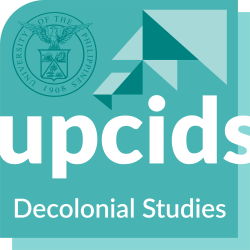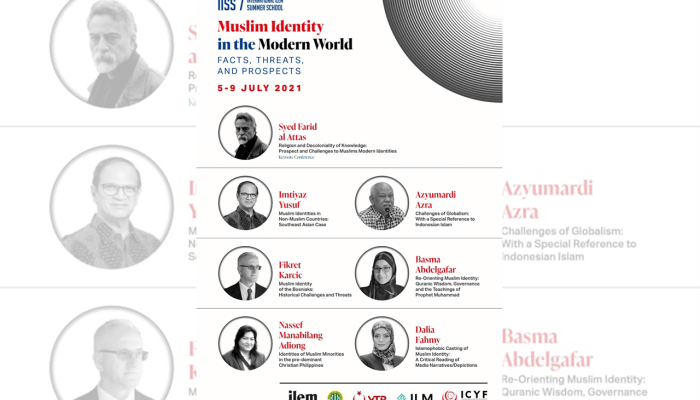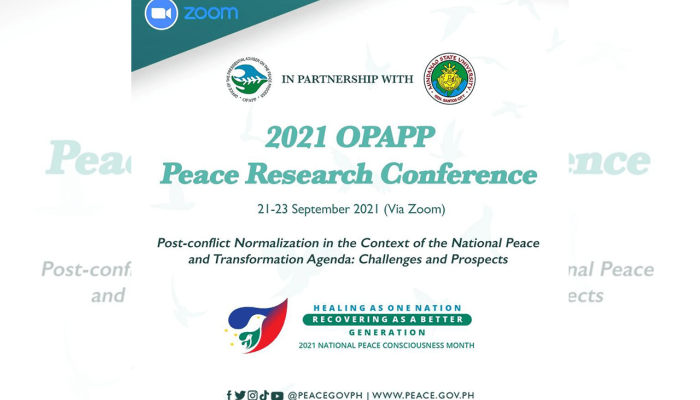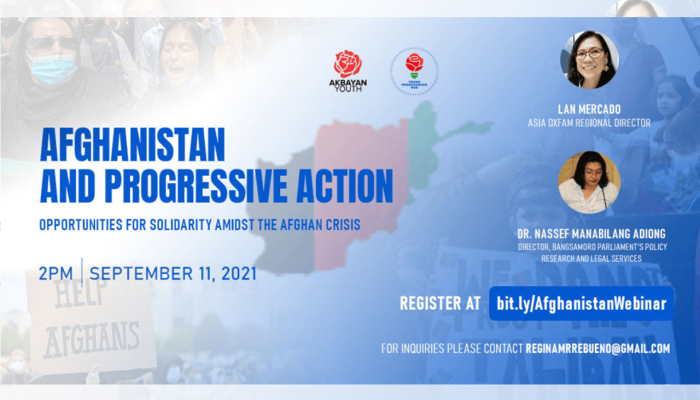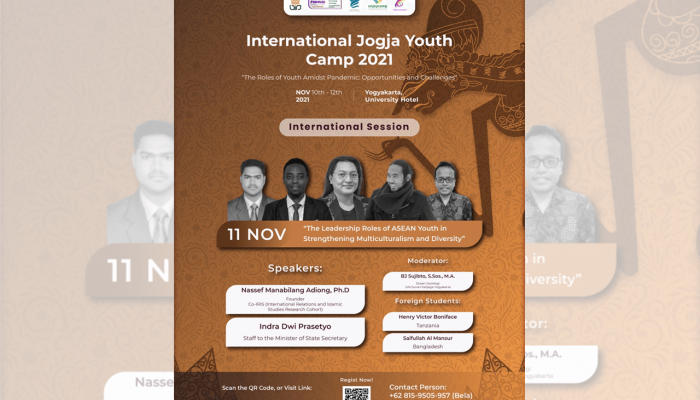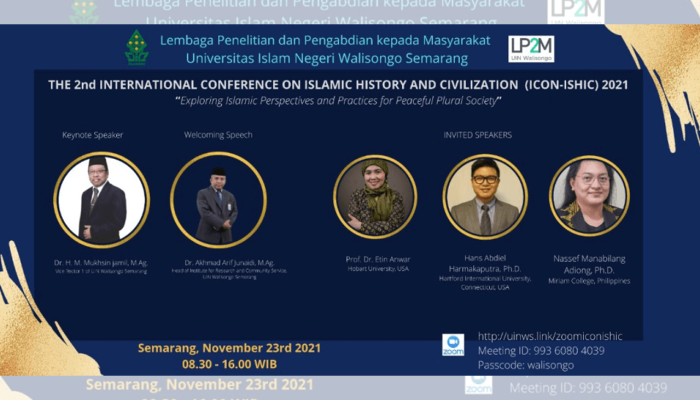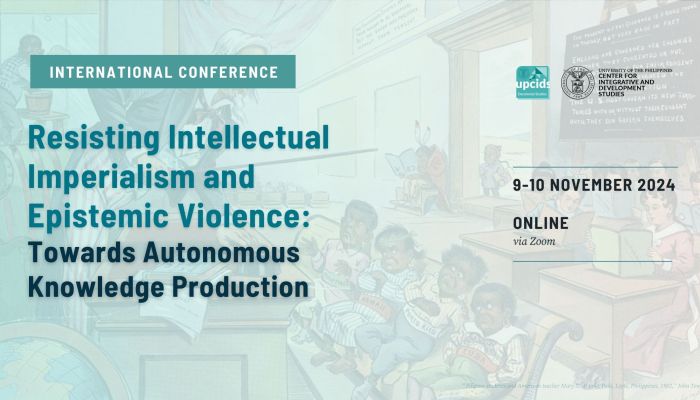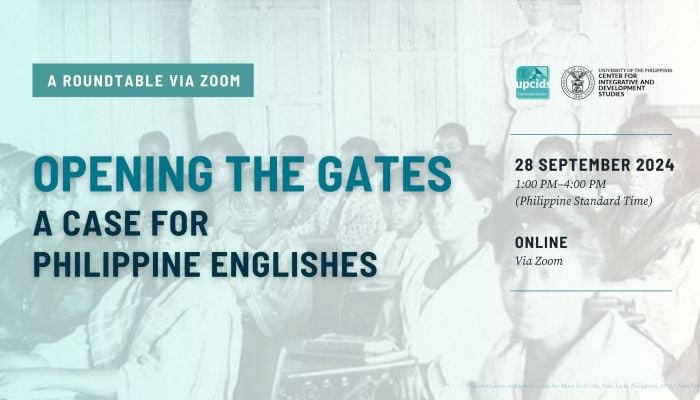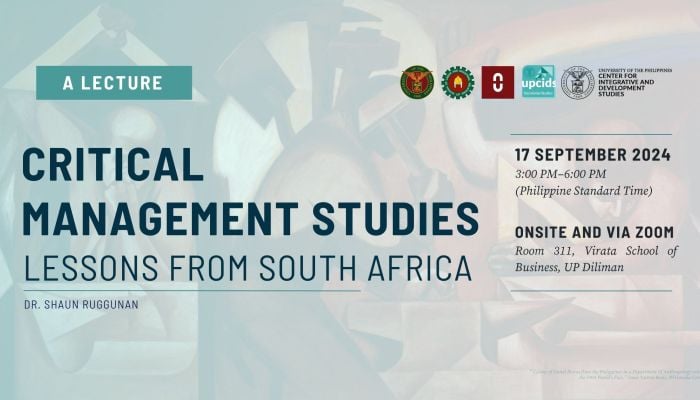Rationale
The term modernity/coloniality is often used with reference to continuing and often deleterious processes, conditions, and attitudes brought about by the colonial period that, Anibal Quijano[1] and Walter Mignolo[2] argue, are inextricably linked to the epistemology of modernity. The Decolonial Studies Program (DSP) focuses on the varying dimensions of coloniality/modernity that continue to impact Global South societies and hinder their institutions from achieving their liberating potential.
Objectives
-
- To interrogate coloniality by identifying aspects of Western modernity in postcolonial states and to critically engage with colonial-era texts, collective memory, and the use of both colonial and local languages.
- To strike a conversation with researchers who have done significant studies in their field to share best practices, challenges, and their vision for ethical decolonial research with the aim of producing a curriculum on decoloniality.
- To highlight and explore local ways of knowing and to collaborate with folk and indigenous leaders, individuals, and groups.
[1] Quijano, Aníbal. 2007. “Coloniality and Modernity/Rationality.” Cultural Studies 21, no. 2–3 (2007): 168–78. https://doi.org/10.1080/09502380601164353.
[2] Mignolo, Walter D. 2007. “Delinking: The Rhetoric of Modernity, the Logic of Coloniality and the Grammar of De-coloniality.” Cultural Studies 21, no. 2–3 (2007): 449–514. https://doi.org/10.1080/09502380601162647.
